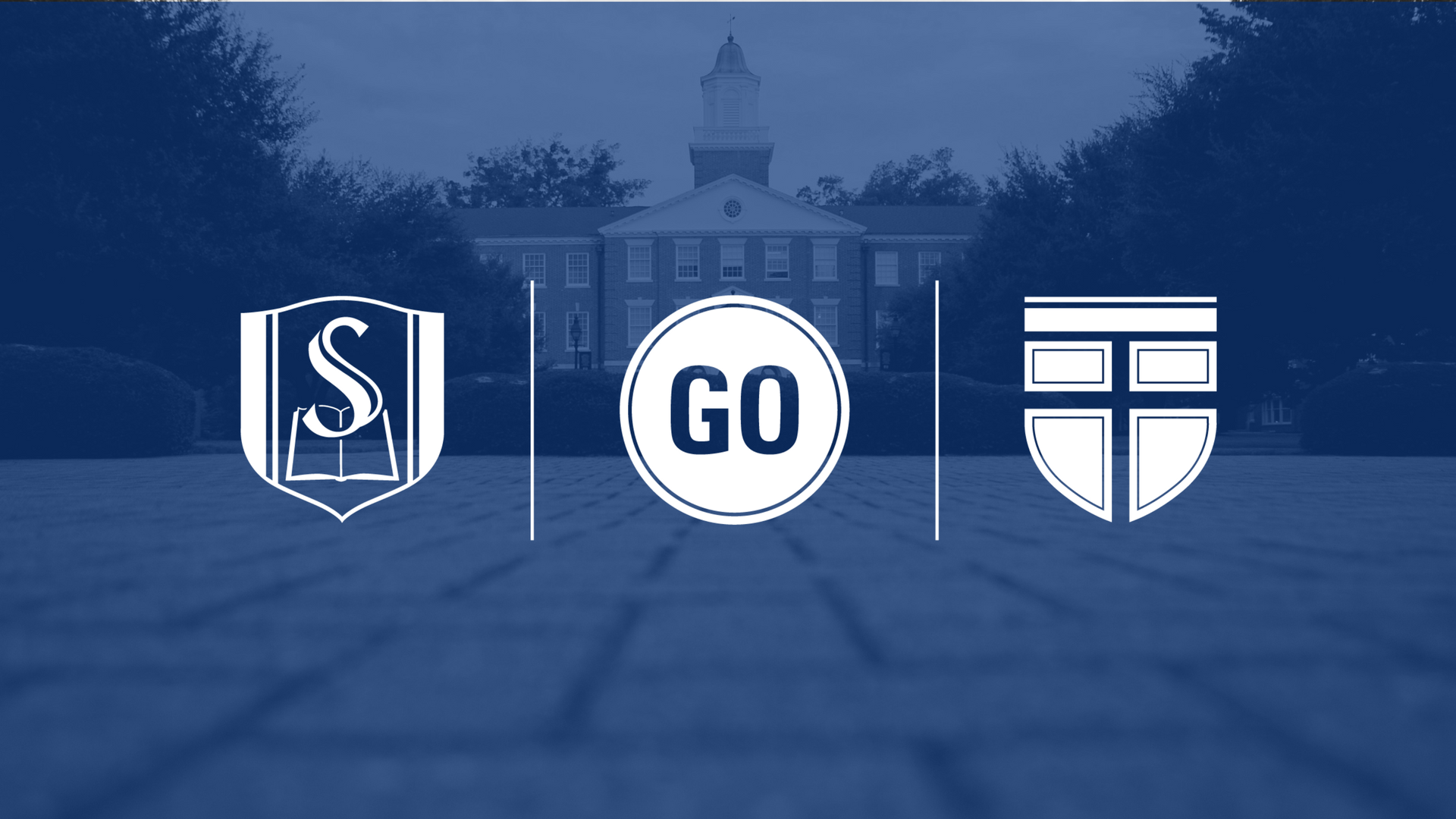9Marks discussion focuses on future of GCR
In dialogue with Mark Dever, Al Mohler and David Platt, Southeastern president Daniel Akin discussed the next steps for the Southern Baptist Convention, now that the Great Commission Resurgence Task Force’s recommendations have been passed.
The men gathered late Tuesday at the Southern Baptist Convention as part of an event called 9Marks at Nine. In a time of discussion and a question and answer session, Akin, along with the others, talked about their thankfulness over the passing of the GCR recommendations, as well as what they see as the next steps to take, both on the micro and macro levels.
“The goal is, I think, for us as pastors to lead every member of our church to see their lives in the context of God’s global purpose,” said Platt, pastor of The Church at Brook Hills. “Initially, the GCR will not make a huge difference. It emboldens our desire to be a part of working with other churches for sake of GC. It encourages me. It also takes some structural steps to free up that much more for the Great Commission.”
The other men agreed that the next steps will be up to the local church, taking place on a smaller scale, as the “ship” that is the Southern Baptist Convention will take time to turn in an entirely new direction.
“The SBC is like a giant aircraft carrier. It’s not a speed boat – it’s a huge thing,” Akin said. “You can only turn an aircraft carrier a few degrees at a time. If you move it too quickly you topple the ship.” Akin said the vote that took place at this year’s SBC was one more “degree” of turning for the convention.
“That which happened today will have to move to state conventions, local associations and to local churches. The key to all of this – moving forward in a God-honoring way – is pastors,” Akin said. “If the pastors catch the vision for what God is doing, the churches will catch it.”
and to local churches. The key to all of this – moving forward in a God-honoring way – is pastors,” Akin said. “If the pastors catch the vision for what God is doing, the churches will catch it.”
As churches get on board with the GCR, the men believe the face of theological education will change, making the local church the primary training ground for pastors, with seminaries assisting and providing resources.
“The biggest problem of theological education in the SBC is to think that the preparation of ministers happens in the seminaries,” said Mohler, president of The Southern Baptist Theological Seminary. “It should happen in the local church. The local church should be where pastors are trained.”
Any changes will not happen quickly, Platt said. “Move slowly and patiently and humbly. It starts with the word and intentional teaching of the word. Only the word can change the hearts of people. That begins to turn the ship.”


